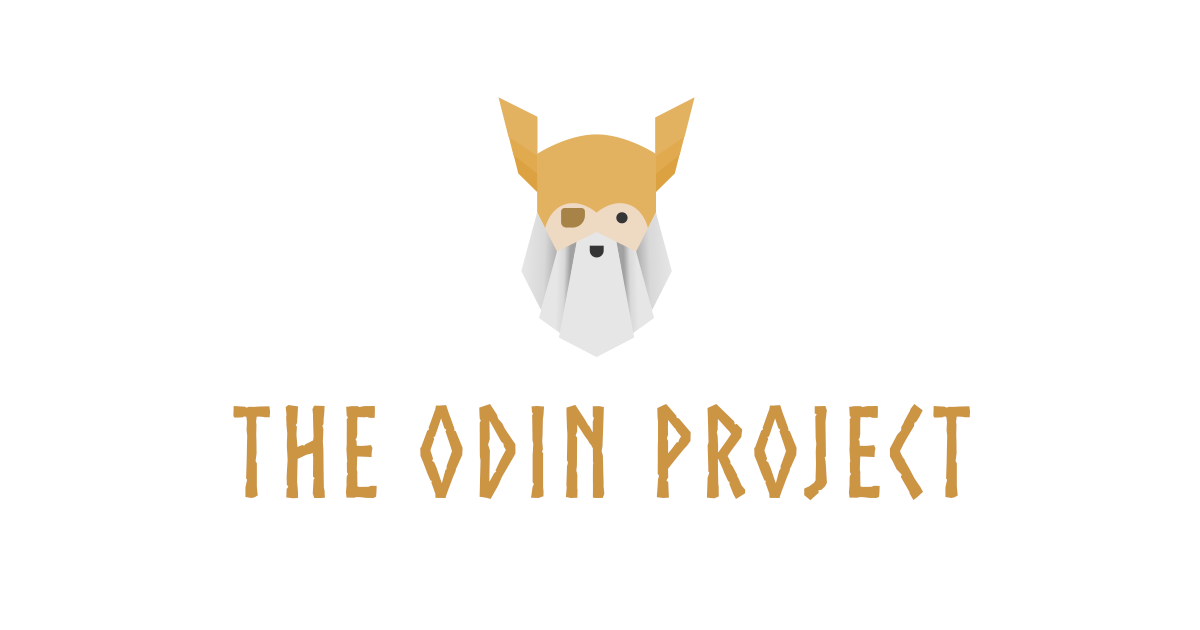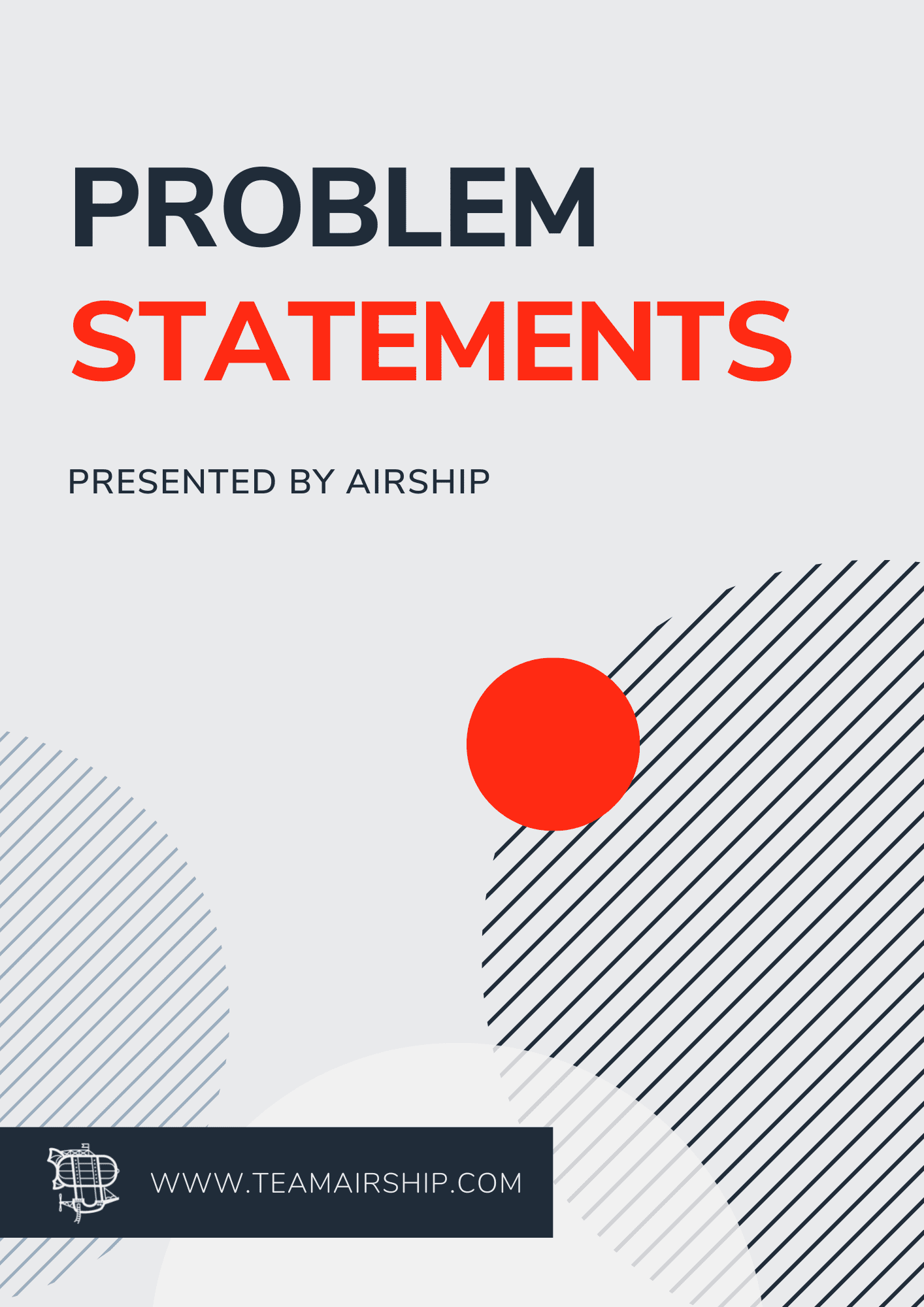Working at a software development company and not knowing how to code is like working at a restaurant in France and not speaking the language. You recognize certain words on the menu but you’re not really sure what is going on a lot of the time. It can be the same when you’re in a meeting or slack channel here at Airship. As a non-coder, you recognize certain words but well, it is a different language.
Recently, a group of us here at Airship, the non-coders, decided to become the #futurebuildersofamerica and learn how to code. We were pointed by our Director of Software Development in the direction of the Odin Project a comprehensive tool anyone can use to teach themselves to code at their own pace.

The Odin Project was established in 2013 and is a free online open-source coding curriculum maintained by volunteers. They have 469,848 learners and 1500 contributors, and every day those numbers are increasing.
The course starts with foundations such as defining the internet and how it all started. We all know it wasn’t Al Gore. But, do you know who created it? Originally, it was a guy named Leonard Kleinrock who succeeded in connecting UCLA and Stanford networks and proved it was possible to make a two-node network.
Succeeded is a loose term as the word they tried to send across the network was “login” it got as far as log then the system crashed. But, hey they proved it could be done.
Who named the Internet?
It was two scientists Vinton Cerf and Bob Kahn who defined the system that we use today. They created the TCP/IP or “network of networks” and called it the internet.
Learning about the internet and how it works and building from there is how the foundational course, all 45 lessons, is laid out. We start with what the internet is and then learn what to do with it by learning to "speak" the different languages. Along the way, we use our newfound skills to build landing pages and other hands-on projects.
The #future-builders-of-america here at Airship have joined together and have crafted a timeline that we will work through together to complete. And, the builders at Airship have pledged their assistance for those of us who may be in need of additional support as we learn.
Why, would a group of marketers, business development people, project managers, and such decide to learn to code.
The answers are varied…
Justin Murdock, fearless leader of #future-builders-of-america says it best - when he gives his reasons for joining. He says, “I’ve always been fascinated by what developers do, but have felt a bit intimidated by the complexity of it and I’d like to be able to contribute more in technical discussions.”
Amber Tatum, one of our project navigators, says, well, best watch here for her reason to learn.
As marketing lead, I joined up because I’d like to know more so I can support our crew's efforts with better more technical content and perhaps understand more of what is said in the #builder slack channel. As well as understand developer humor, although that could just be my lack of cultural knowledge.
Our goals are lofty...
Some of us want to be able to QA projects at Airship. Or jump in and help with a project or fix a bug. Others just want a better understanding of the magic that happens as our team builds new custom web and mobile applications. But, no matter the reason, seeing our team pull together as we learn is fun to watch.
We’ve also committed to journaling our journey. From blogs to Instagram Reels we’re going to talk through the good, the bad, and the “why the heck did I think this was a good idea” moments. Our intent is to catalog the process and encourage others who may be thinking of learning how to code. Follow along on our social channels as weekly we will post something hopefully humorous and maybe educational that tracks how we’re doing.
And, feel free to join our journey. Head over to theodinproject.com, sign up, and let us know we’ll be happy to encourage you along the way!


